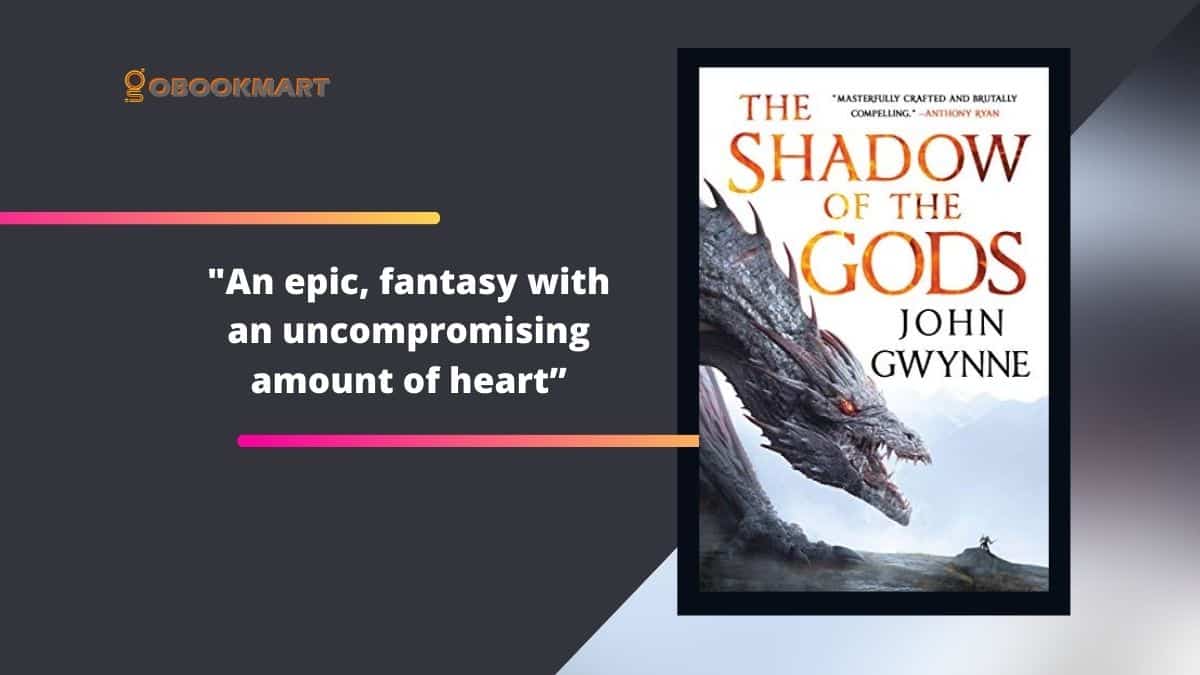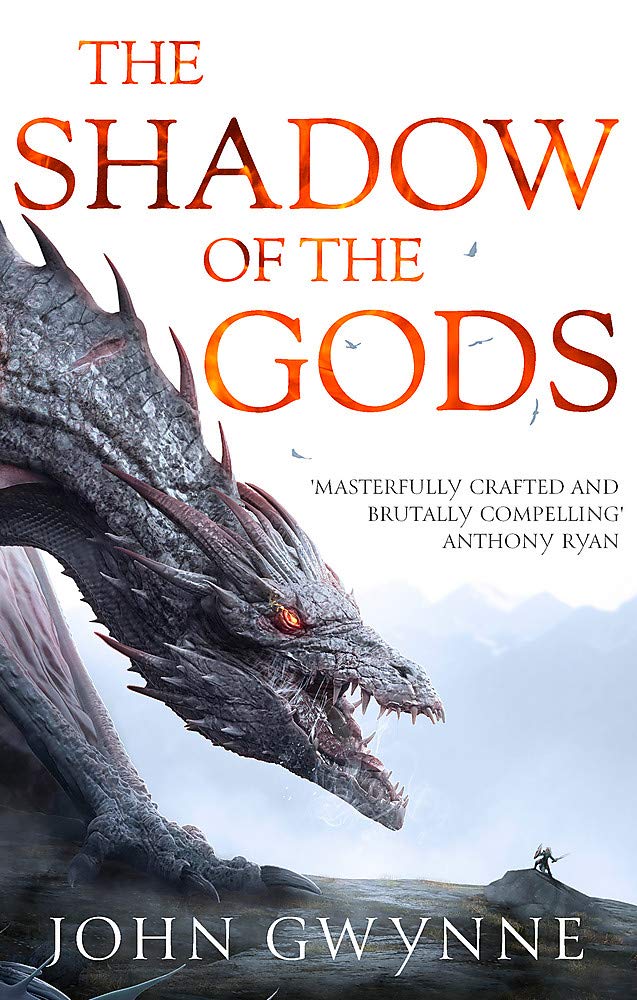


Sieðr-witch – seiðr (pronounced say-der) a form of magic relating to the telling and shaping of the future, often viewed as similar to shamanism.Seax – a bladed weapon like a short sword or long knife.Niðing – derogatory term, someone with no honour.Nålbinding – a technique for making clothing, similar to knitting or crocheting, the word itself meaning to bind with a needle.Maður-boy – maður means man, so maður-boy would be boy, or in context, a human child.Jarl – chief, rough equivalent of “Earl” in British nobility.Holmganga – a legally recognised duel used to settle disputes.Hird – men of the household, particularly the armed guardsmen.Galdurman – galdur is magic, or a conjuring trick, so a galdurman would be a conjurer or similar magic user.Drakkar – a type of longship, often referred to as dragon ships, the stereotypical Viking longboat with a dragon carved at the prow.Byrding – ship for carrying goods along the coast.Brynja – a type of armour, a coat of plate or mail.Althing – an assembly of the community’s freefolk, like a council meeting or parliament.Akáll – an invocation or calling of the spirits for example.The brief definitions provided below however do match up with their use in the book as I see them. The historical meanings may not exactly translate into the world of this book. Please note that while many of these words are directly taken from Norse history, The Shadow of the Gods is a work of fiction.

Before you read the book then, check out the guide below for some of the common ones. Set in a new world reminiscent of Viking society, there are lots of Scandinavian terms to get to grips with. At the start of the story, Orka is enjoying a quiet life with her family, but she clearly knows how to look after herself.Įlvar is a warrior in one of the warbands – the Battle-Grim – and Varg is just about to get involved with another, the Bloodsworn.Īll three main characters have battle in their blood, or at least in their future, and we spend a good amount of time in the shield walls and oar benches of the warbands. The book follows three point-of-view characters, Orka, Varg and Elvar. Before you read The Shadow of the Gods, you should also know about the characters.


 0 kommentar(er)
0 kommentar(er)
